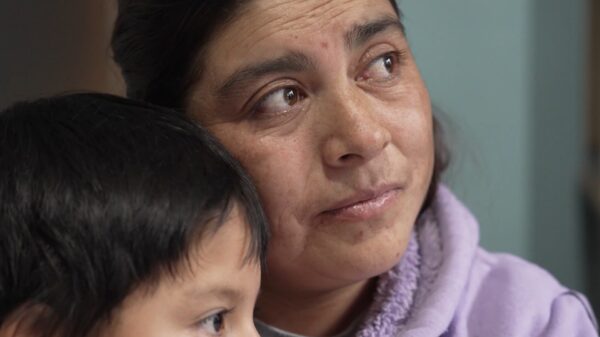UPDATE: A rare and deadly flesh-eating bacteria has already claimed the lives of four people in Florida this year, according to alarming reports from the state’s Department of Health. The bacterium, known as Vibrio vulnificus, thrives in warm saltwater and can enter the body through open cuts or by consuming raw shellfish.
The urgency of this situation is heightened as Florida has reported 11 confirmed cases of Vibrio vulnificus infections so far in 2023. This microbe is often associated with severe illness called vibriosis, which can result in gastrointestinal distress, fever, and in severe cases, necrotizing fasciitis—a condition where the bacteria rapidly destroy muscle and tissue.
According to the Centers for Disease Control and Prevention (CDC), approximately one in five individuals infected with Vibrio vulnificus do not survive. Those with weakened immune systems are particularly vulnerable. The recent surge in infections is alarming, especially considering that last year saw a record 19 deaths and 82 cases in Florida, nearly double the number reported in 2022.
As climate change alters the environment, conditions favorable for Vibrio vulnificus are becoming more prevalent. Rising temperatures and increased salinity from hurricanes are key factors contributing to the bacteria’s growth. A report from the U.S. Department of Agriculture predicts that the economic impact of Vibrio infections will escalate from $2.6 billion in 1995 to between $6.1 billion and $8.6 billion by 2090.
Health officials are sounding the alarm, urging residents and visitors to avoid entering warm saltwater or brackish water if they have any open wounds. The consumption of raw shellfish is also highly discouraged.
In light of these developments, the community is encouraged to stay informed and take precautions. Those who develop symptoms after exposure should seek immediate medical attention. As the situation evolves, further updates will be crucial to protecting public health.
Stay safe, and share this critical information to spread awareness about the dangers of Vibrio vulnificus.







































































